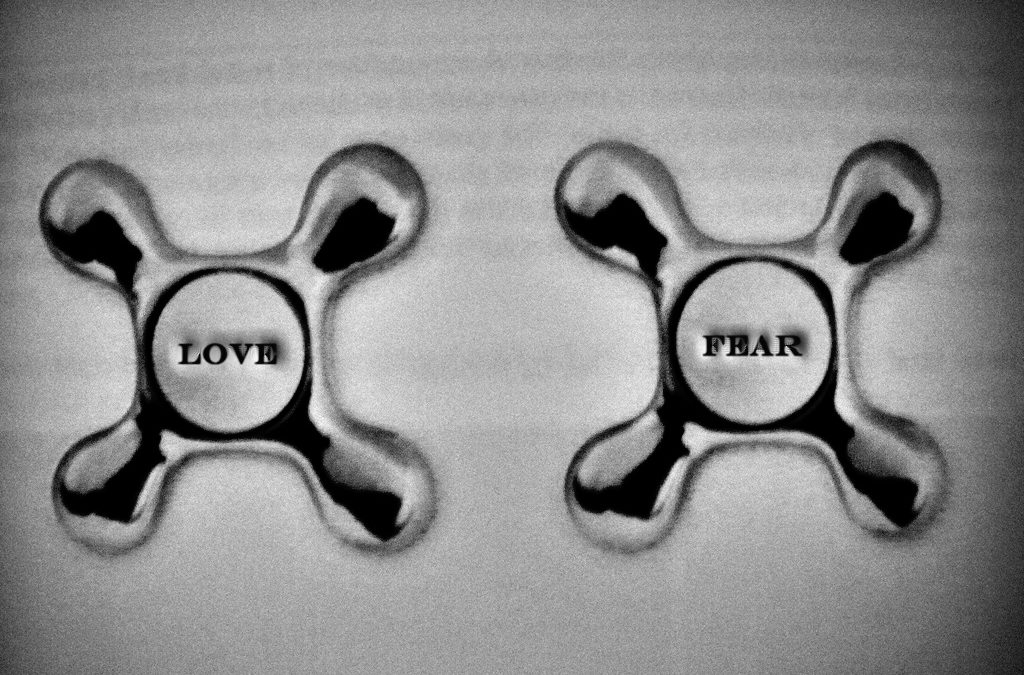“There are two basic motivating forces: fear and love. When we are afraid, we pull back from life. When we are in love, we open to all that life has to offer with passion, excitement, and acceptance .… all hopes for a better world rest in the fearlessness and open-hearted vision of people who embrace life.”
– John Lennon
We have honored the warrior leader for a long time. Now it’s time for the lover in us to take a spot on the leadership platform.
For decades, management has favored fear as the emotion that best establishes compliance among the workforce. Consider that, for many years, everything in business was designed—from jobs and business processes to organizational pyramids and chains of command—to improve efficiencies and increase productivity. The challenge was to get people to “do what they were told”, to stay focused on established targets, and to carry out the orders of “higher ups” who had a better understanding of the big picture and how all the parts were supposed to work together. The pesky fly in the ointment in all this order: the unpredictable behavior of human beings.
Hence, the rise of the warrior leader who used fear to keep things under control. Fear kept people in line. Fear of being fired. Or of losing out on a promotion. Fear of getting a bad performance review that might lead to a minimal bonus or pay increase—or none at all. Fear of making “career-limiting moves” or decisions that are “above my pay scale”. Fear has done its job well: it has kept us inside the command-and-control workplace design.
Yet fear doesn’t get the job done in most of today’s workplaces.
Today we are confronted with new levels of complexity, unprecedented connectivity and access to information for everyone, and rapidly changing competitive landscapes that reward the quick, the innovative, and the agile. Fear doesn’t contribute to any of those.
As John Lennon said, “When we are afraid, we pull back from life.” We pull back from taking chances, from putting our ideas forward, from breaking away from conventional thinking. In a world where information is only a click away for almost everyone, success now goes to those who ask the right questions. Questions that crack the problem wide open; questions that bring us to a new observation platform; questions that act like a rallying cry for people who are otherwise just grinding through their work day.
Fear stops us from asking the right questions.
We now need leaders who willingly entertain ideas very different from their own in the search for innovative solutions, who inspire their people to take more risks, and who invite them to be openhearted and passionate about their work. Leaders who have that unstoppable zest for life, that exuberant energy that generates provocative and revealing questions.
Love inspires us to know more. To get closer. To understand better. To accept a challenge with a surge of positive energy.
We need more leaders as lovers in the workplace. People who love challenges, and who bring their courage to each one. People who embrace the insatiable curiosity that propels them forward. People who love the lessons they learn by experimenting and making mistakes. People who love the colleagues who push them to think out of the box, to empathize better with customers and suppliers, and to put their attention on growing what works, rather than on trying to find the flaw in everything.
We need leaders who love life—with all its joy and sadness, its dead ends and false starts, its triumphs and its failures.
It’s your choice. You can motivate yourself and others with fear or with love.
Which shall it be?

